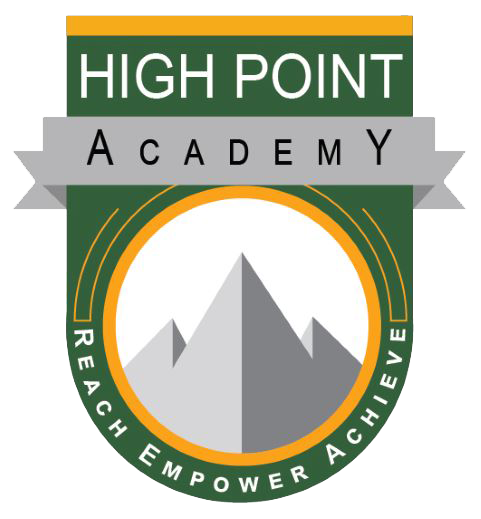High Point Academy’s Early Access Process refers to the early entrance to kindergarten or first grade for highly advanced or gifted children under the age of six. Early access is not an acceleration pattern recommended for the majority of age 4 or age 5 gifted children. The purpose of early access is to identify and serve the few highly advanced gifted children (which is defined as students scoring at or above the 97th percentile) who require comprehensive academic acceleration.
Early Access Criteria
In order to evaluate whether a student will qualify for early access, a portfolio will be submitted on the student’s behalf by the family which will contain a profile of strengths, performance, readiness, needs and interests, and a determination of appropriate placement. All criteria must be considered in making the determination-test scores alone do not meet the standards of a determination. While High Point Academy does not charge a fee to review portfolios, some required criteria may require a fee by outside evaluators such as aptitude and achievement tests, Families with students who are eligible for free or reduced lunch may seek assistance from the school for the assessment process.
Criteria include
- Aptitude– To be completed by a Psychologist or similarly trained professional
a. Highly advanced level of performance or 97th percentile
i. Every child with a score above the 97th percentile may not benefit from early access to kindergarten or first grade
b. Measured using a developmentally appropriate tool
i. e.g. individualized ability test such as the Differential Ability Scales {DAS), Wechsler Preschool and Primary Scale of Intelligence, Woodcock Johnson Cognitive Ability Scale, or Kaufman Brief Intelligence Test.
- Achievement– To be completed by a Psychologist or similarly trained professional
a. Highly advanced level of performance or 97th percentile
i. Typically, early access children function two or more years above their peers
b. Measured using an assessment that determines knowledge and skills in reading, writing and mathematics
i. e.g. curriculum-based assessment, above-level testing, and individualized achievement tests, such as the test of early math ability/reading ability1 Woodcock Johnson Ill Tests of achievement, or Iowa Tests of basic skills
- Performance
a. Performance supporting early access is indicated by work samples and informal teacher and/or parent data indicating demonstrated ability above peers.
i. Measured using actual demonstration of the student’s work (e.g. work samples, independent reading1 advanced vocabulary1 observational data).
- Readiness, Social Behavior and Motivation
a. Readiness, social behavior and motivation for early access are determined by the child’s ability to demonstrate the indicators deemed necessary for kindergarten or first grade by national standards
b. Measure the child’s readiness for kindergarten or first grade, social maturity, and eagerness to learn.
i. e.g. district readiness checklist, normed checklists and rating scales, such as the California Preschool Competency Scale or the Preschool/Kindergarten Behavioral and Social Scale or Bracken School Readiness
Once the portfolio containing all criteria is complete it will be submitted to the Elementary Assistant Principal to be reviewed. The Assistant Principal along with other school administrators will make a determination based on the evidence in the portfolio. Once the determination is made, the Assistant Principal will contact the family for a meeting to review the results. The deadline to submit a portfolio is April 1, in order to be considered for early access the following school year.

